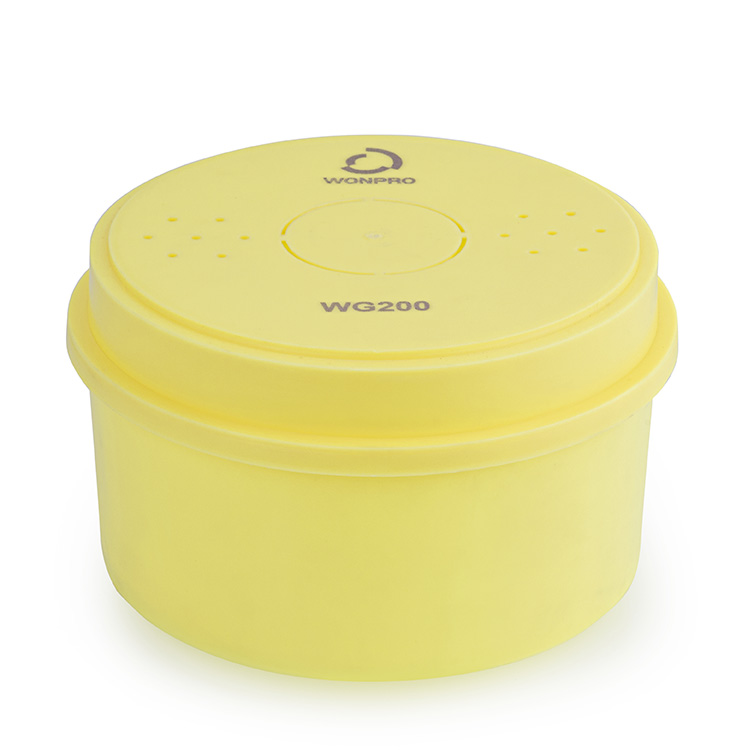Demystifying the Role of Water Glycol Oil Filter Elements in Contaminant Filtration
2024-07-25
In the realm of industrial machinery and hydraulic systems, the efficient operation and longevity of equipment heavily depend on the quality of lubricants circulating within them. Oil, the lifeblood of many mechanical systems, needs to be pristine to ensure optimal performance and prevent premature wear and tear. One of the critical components that safeguard oil quality is the Water Glycol Oil Filter Element—a silent hero in the battle against contaminants.
Understanding the Basics: What is a Water Glycol Oil Filter Element?
A Water Glycol Oil Filter Element is a specialized filter designed to remove impurities and contaminants from hydraulic fluids, particularly those used in machinery operating in demanding conditions. These filters are meticulously engineered to maintain the purity of oil in applications where water-glycol-based fluids are used, such as in various industrial and aerospace systems.
How Does It Work?
The principle behind the functionality of a Water Glycol Oil Filter Element is straightforward yet crucial. As oil circulates through the hydraulic system, it inevitably picks up particles, dirt, metal shavings, and other contaminants that can compromise the integrity of the fluid and damage sensitive components. The filter element intercepts these contaminants, preventing them from circulating further and causing harm.
1. Filtration Mechanism: The filter element typically consists of a porous material, often made from synthetic fibers or cellulose, arranged in a strategic pattern. This structure allows the oil to pass through while trapping particles larger than the micron rating of the filter.
2. Micron Rating: Filters are categorized by their micron rating, which indicates the size of particles they can effectively capture. Water Glycol Oil Filter Elements are designed with specific micron ratings tailored to the types of contaminants commonly found in water-glycol-based fluids.
3. Efficiency: Modern filter elements boast high filtration efficiency, often exceeding 99%, ensuring that even the smallest and most harmful particles are captured before they can cause damage.
4. Longevity and Maintenance: Regular maintenance and replacement of filter elements are crucial to ensure continued effectiveness. Over time, as the filter captures contaminants, it may become saturated and less efficient. Scheduled replacements as per manufacturer recommendations are essential to maintain peak performance and protect the hydraulic system.
Benefits and Applications
The importance of Water Glycol Oil Filter Elements cannot be overstated in industrial applications where precision, reliability, and safety are paramount:
- Enhanced Equipment Lifespan: By removing contaminants, these filters extend the lifespan of hydraulic components and reduce maintenance costs.
- Improved Performance: Clean oil ensures optimal performance of machinery, maintaining efficiency and minimizing downtime.
- Safety Assurance: In critical environments like aerospace and defense, where reliability is non-negotiable, these filters play a crucial role in preventing failures due to contaminated fluids.
Conclusion
In essence, the Water Glycol Oil Filter Element stands as a stalwart guardian of hydraulic systems, silently ensuring the purity and integrity of the fluids that keep our industries moving. Its role in filtering out contaminants, from microscopic particles to harmful debris, is indispensable in maintaining operational efficiency and safeguarding expensive equipment investments. As industries evolve and demand higher standards of performance and reliability, the humble filter element continues to evolve, adapting to new challenges and setting benchmarks for oil cleanliness and system longevity.
Next time you marvel at the smooth operation of a hydraulic system or witness the precision of industrial machinery, remember the unsung hero—the Water Glycol Oil Filter Element—that quietly works behind the scenes to keep everything running smoothly and efficiently.


